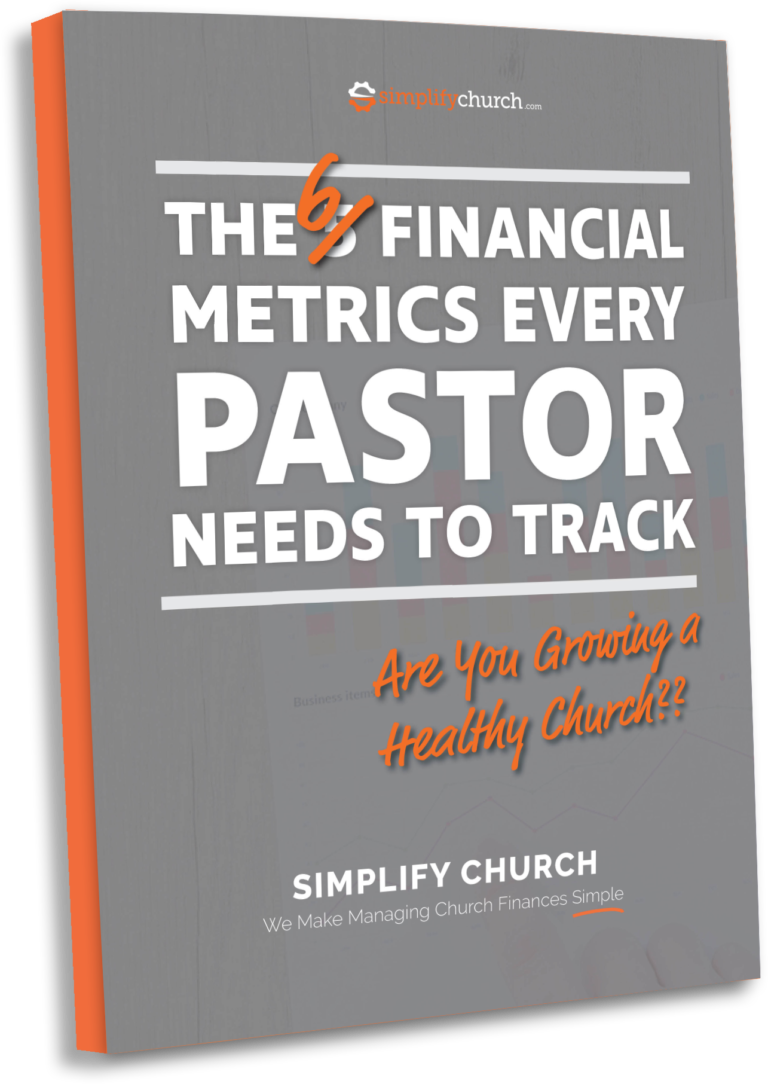As an employer, you now have new responsibilities to take care of.
It’s great to be in a position of ministry where there is need for more staff members. That means your church is growing and things are happening. But it also adds a new level of complexity to your ministry that needs to be considered. Here are a few items to keep in mind now that you are an employer.
1. You are responsible for accurately handling payroll
A place we see lots of churches get in trouble is improperly handling actually paying their employees. There are plenty of specifics to cover which will we’ll be handling in another post but at the most basic, you need to pay your employees, accurately withhold any federal and state taxes as applicable, file with your state the appropriate forms and make the Tax liability payments on time and provide documentation to your employees each year for their tax records.
Unfortunately, we see churches all the time that handle this incorrectly. Many times churches rely on people in the church that may have some idea on how to handle it, or they pay a big national firm way too much that doesn’t really know how to handle pastors payroll. Yes, pastors are paid differently than non-ordained employees, and the differences are not just salary versus housing allowance.
2. You now have added costs for insurance, benefits and such
You may or may not be able to offer benefits, but there are still a few things to consider now that you have an employee.
The ACA has added a new level of complexity for churches especially those with more than 50 employees. With fewer than 50, the fact is its probably easier to just avoid trying to offer a health benefit and just provide them more gross income to go get an individual plan.
You will also now have an added cost of Workman’s Comp insurance. In most states, this is a requirement as an employer but you’ll want to do your own research there.
Along with benefits, there are non-monetary benefits that you have to consider. What is your vacation policy? Do you offer sick leave? Will you just provide a total number of days off as PTO? Who will track that, approve it, etc.?
Obviously there are plenty of things to think about that just add more complexity.
3. You’re now a boss.
You’re now a boss of people. Finding the balance between pastor and boss can sometimes be a difficult line for some pastors. How are you going to make good hiring decisions? What is your process for hiring that next staff member? Does your leadership team agree with your system, do they fully understand whats involved?
And even worse, what happens when you need to fire that person? Firing in churches adds an entirely new level of complexity. Chances are, that person being fired has a family who attends your church. That decision now affects more than just the person getting fired.
Now hopefully, if it comes to that point, the decision was merited, but regardless, there are repercussions that extend beyond the employee/employer relationship that don’t exist in a secular business for instance. But also remember, the number of other churches that may be hiring are very limited, and even then, that process is often 6 months to a year to make a decision. When you have to fire a person from a church staff specifically, it is a much bigger deal.
Your role as pastor is also now entered a new dimension. You are no longer only pastor to these people, but you are their supervisor, boss and leader. In some cases you have to play a dual role and learn how to draw that line between loving people as their pastor, but also supervising as a boss.
Here is a great solution.
Consider services and tools at your disposal to help you handle and navigate the waters for your church as an employer. As a Simplify Church Bookkeeping Partner, we will handle most of these issues for you. Now we can’t help with your position as boss, but we can be an adviser, a trusted ear and discuss with you how to best handle situations that develop. Hopefully, but putting some systems in place you can proactively avoid any of the negative items we discussed here and set your church up for success as you grow your staff and provide jobs for people to serve in ministry.



